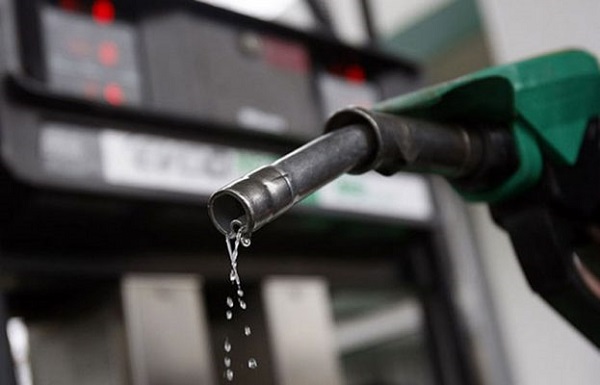Despite multiple government initiatives to stabilize the country’s fuel price, studies reveal that the ex-depot price of the commodity has grown to N237 per litre from N148 in the third quarter of last year.
According to data from a market update report, ‘Industry Data Sheet,’ published by the Major Oil Marketers Association of Nigeria, petrol was supplied to oil marketers for N237 per litre at the Ibafon/Tincan depot on March 3, compared to N240 two days earlier.
On March 1-2, marketers paid N210 per litre for gasoline at the Satellite Depot, but on March 3, the price had risen to N225 per litre. The ex-depot price per litre of fuel at Apapa depot was N215 on March 1, then dipped to N213 the next day before rising to N218 on March 3.
Due to shortage, ex-depot prices for petrol rose from N148 per litre in the third quarter of last year to more than N200 per litre. The Federal Government set the ex-depot price at N172 per litre and the pump price at N184 per litre earlier this year.
Nevertheless, Mike Osatuyi, the National Controller Operations of the Independent Petroleum Marketers Association of Nigeria, accused depot owners of failing to follow government guidelines. According to him, some 30,000 IPMAN members continue to buy items costing more over N200 per litre at depots and have vowed to expose defaulters after the 2023 elections.
Osatuyi explained that the N172 ex-depot price was excluding haulage cost to wherever the marketer was taking the product to.
“If you are taking it further than 400 kilometres from the place of purchase, you are going to get the bridging claims or price equalisation. But if you are taking it within 120 kilometres or around that distance, you will get some little allowance to make you sell at a controlled price.
“But the truth is that we don’t get the product at the controlled price of N172, which is why you see a lot of areas where they sell at higher prices.
“However, for MOMAN, because they get it at the controlled price, they take it from their depots to their stations and sell it at lower prices compared to independent marketers,” he averred.
According to the Nigeria Depots and Petroleum Products Marketers Association, the rising foreign currency rate has led to an increase in the price of petroleum goods at the depots. The organization also attributed the price increase to unlawful charges and the high cost of daughter boats.
The President, Maj. Gen. Muhammadu Buhari-led government had promised to continue subsidizing petrol until June, leaving the decision to the future administration.
Last year, Finance Minister Zainab Ahmed said that the nation will keep petrol subsidies in place until mid-2023, with N3.36 trillion set aside.
Between January and September 2022, the nation spent around N3 trillion on gasoline subsidies.
The World Bank had criticized Nigeria of inefficient resource usage, pressing the nation to eliminate subsidies on gasoline, power, and foreign exchange, which it claimed benefited the rich the most.
Oil marketers had continuously lobbied for the elimination of gasoline subsidies and the liberalization of the downstream industry.
According to them, deregulation would encourage market-driven petroleum product prices and strong competition in the downstream sector, ultimately lowering gasoline costs.
“It is important to note that the refining industry as part of the midstream, including petrochemical plants and midstream infrastructure such as jetties, depots, transport, and pipelines, is relatively mature and has only failed as a result of price ceilings and the subsidy policy.
“Therefore, industry experts reckon that the backward integration policy should encourage cost efficiency to enable Nigeria to become a refining hub, competing with other refineries in the sub-Saharan Africa region,” MOMAN said in a recent report.
On what could be the lasting solution to fuel scarcity, IPMAN Chairman Satellite Depot, Akin Akinrinade advised the government to revive the refineries to allow for local production.
“The lasting solution is for the refineries to start functioning and we begin local refining,” he said.













